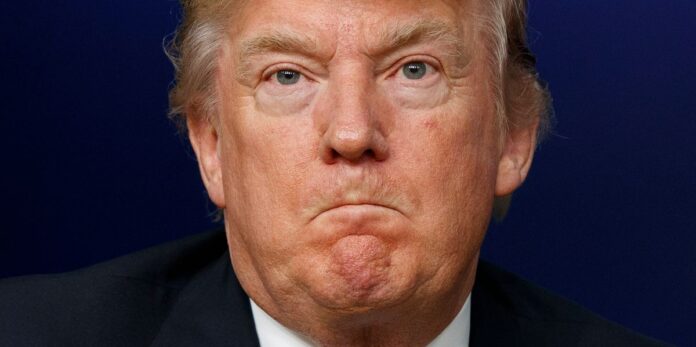Key Falsehoods or Claims: The article reports that Meta, the parent company of Facebook and Instagram, will no longer fact-check political content on its platforms, including content from politicians such as Donald Trump. This decision comes ahead of the upcoming Trump term and has raised concerns about the spread of misinformation and false claims.
Source Analysis: The New York Times is considered a reputable and neutral source for news. They have a record of balanced reporting and fact-checking, making them a reliable source for information.
Analysis of Impact: The decision by Meta to end fact-checking on political content, particularly ahead of the Trump term, poses a significant threat to our democracy. It gives politicians like Trump a platform to spread lies and conspiracy theories without being held accountable, which can shape public opinion and undermine the truth.
Potential Reactions: Without fact-checking, there is a real risk that false claims and conspiracy theories will gain traction and impact public opinion. This could lead to a further erosion of trust in the media and political institutions, as well as impact voter behavior in future elections.
Further Reading: For further reading on the topic of media influence and misinformation studies, reputable sources such as the Pew Research Center, Harvard’s Shorenstein Center on Media, Politics and Public Policy, and the RAND Corporation’s research on truth decay can provide valuable insights into the impact of lies and conspiracy theories on public opinion and democracy.
Source link
Redirect URL
